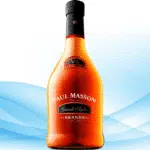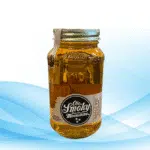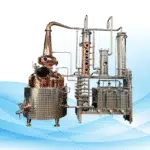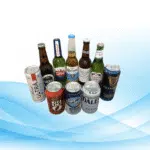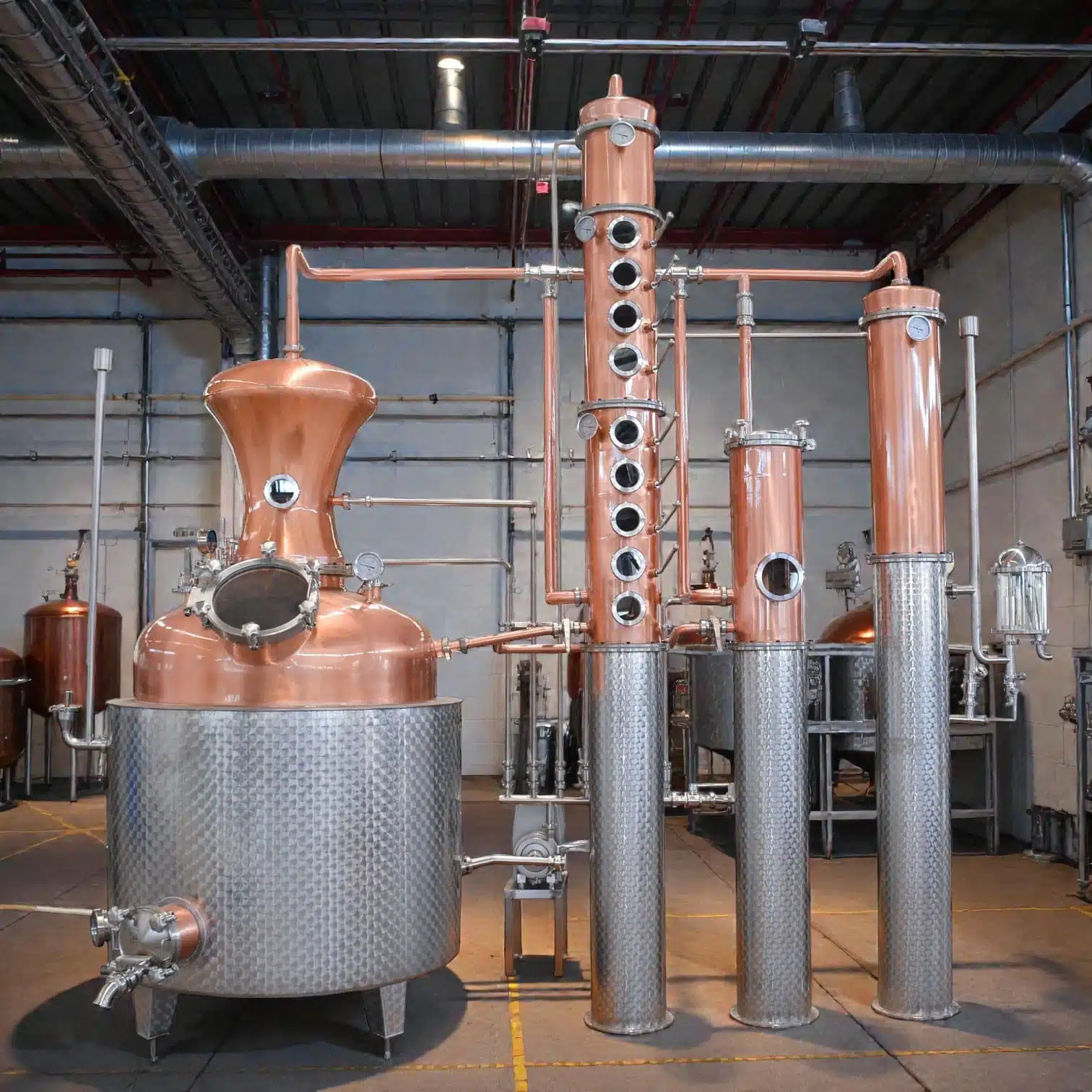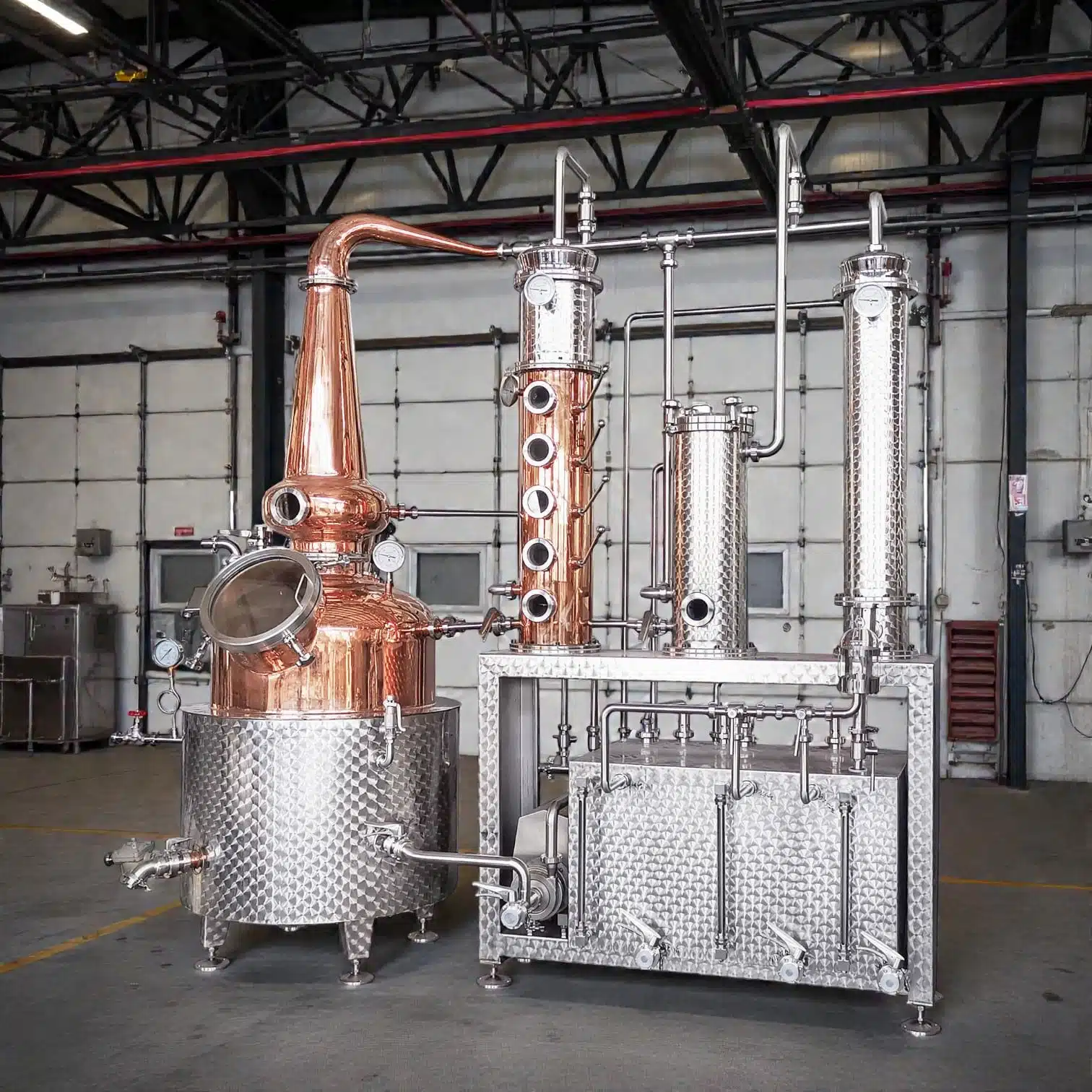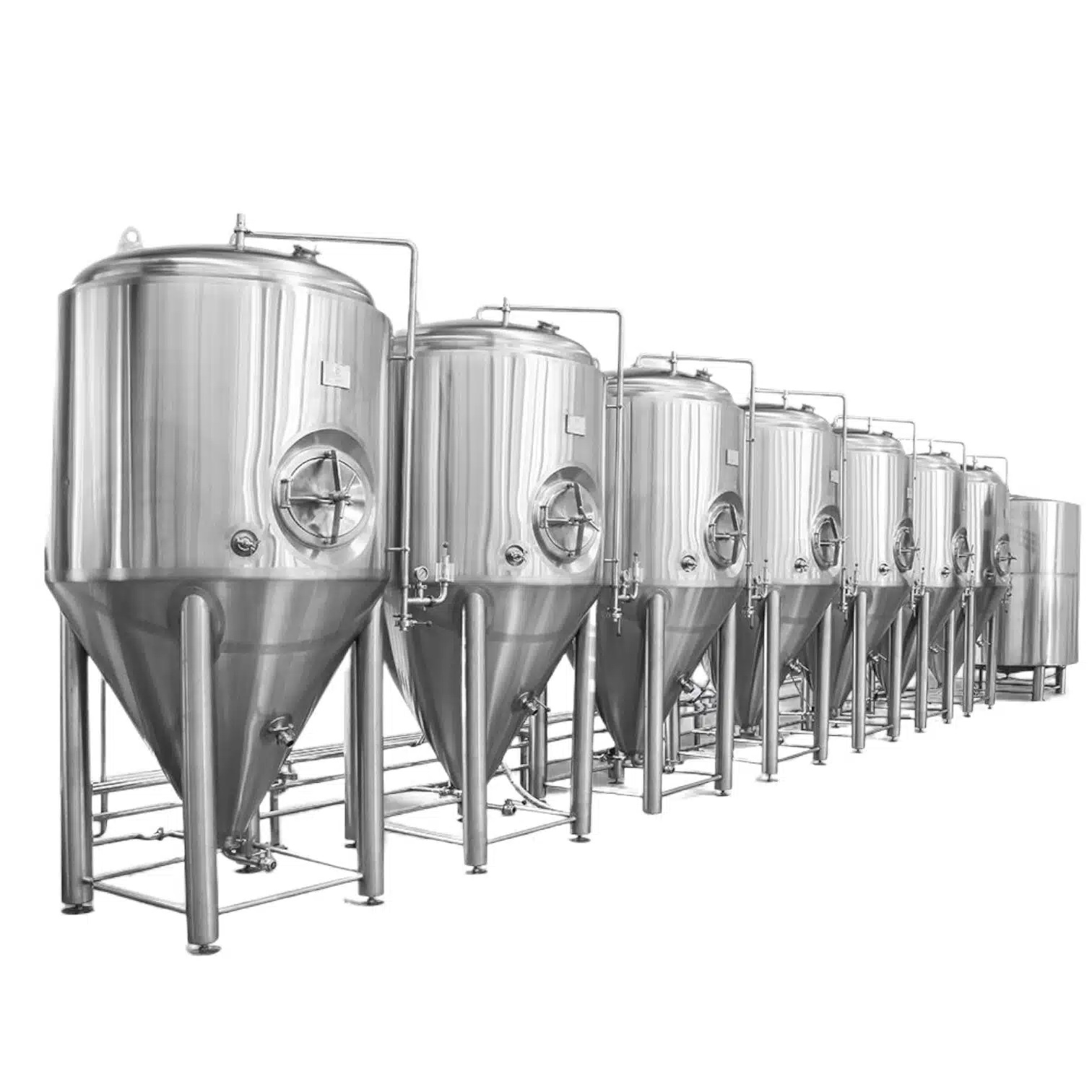Brewing beer has been practiced for centuries, evolving over time into an art form encompassing distillation, fermentation and brewing processes. While all three processes involve the conversion of ingredients into alcohol, fermentation differs slightly from distillation in terms of the techniques used and the potential benefits;
we will compare and contrast these methods in this article.
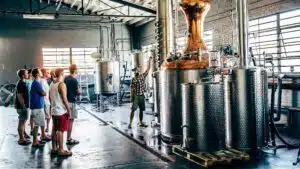
Distilling
Distillation involves the evaporation of liquids to extract alcohol. This is used most commonly to make spirits such as vodka and whisky. To start the process, the fermented liquid is heated until its alcohol evaporates, then collected as a vapor and returned as a liquid for further aging and filtering until the desired spirit product is obtained.
Distillation can be used to increase the alcohol content. Distillation removes impurities from the liquid and concentrates the alcohol. Distillation gives distillers more control over their final products’ taste and scent, as they can choose what parts to keep or throw away.
Fermenting
Fermentation, on the other hand, is the process of converting sugar into alcohol using yeast. This method is most commonly used to make beer, wine and cider by combining water-rich grains with fruit or vegetables that contain sugar and yeast that feeds on that sugar, producing carbon dioxide and alcohol as by-products.
Fermentation is an incredibly natural and effortless process that requires minimal effort on your part; the yeast does all the hard work for you! Fermentation produces its distinctive flavor and aroma and offers greater versatility than any other method.
Distilling vs Fermenting
Distilling and fermentation each have their own set of differences that set them apart, starting with where each process begins: distillation begins with fermented liquid, while fermentation can begin with any combination of ingredients. Distilling begins by taking advantage of fermentation’s capabilities, whereas fermentation requires the mixing of multiple components.
Distilling produces clear and concentrated spirits, while fermentation produces more varied products like cider, wine and beer. Distillation allows more control over the end product, while fermentation relies on natural processes to create unique flavors and aromas.
Both distillation and fermentation produce alcohol, but each technique offers different characteristics and benefits. Distilling gives you more control over the final product with higher alcohol levels, while fermentation is an organic process that naturally creates different products. Whichever technique you prefer – distillation or fermentation – both have their place when it comes to brewing beverages.

